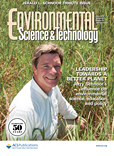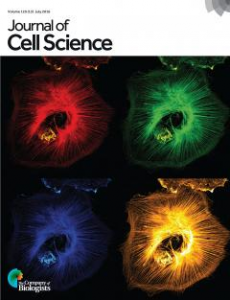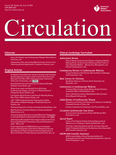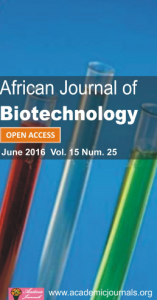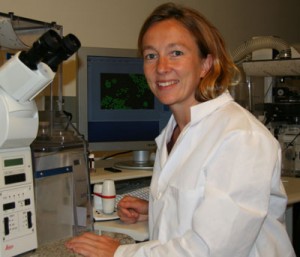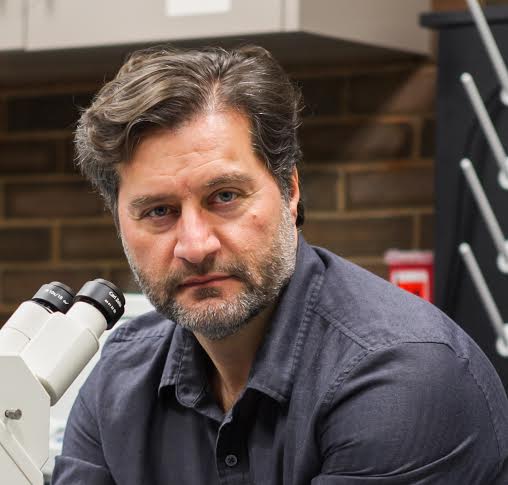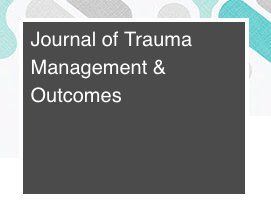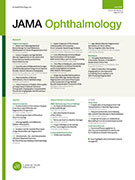 A JAMA journal has quickly issued a correction for a 2016 paper after the author failed to mention several relevant conflicts of interest. Normally, we’d see this as a run-of-the-mill correction notice, but since we reported last week that a journal retracted a paper for omitting pharma funding, we got to wondering: Is failure to disclose a conflict of interest a retractable offense?
A JAMA journal has quickly issued a correction for a 2016 paper after the author failed to mention several relevant conflicts of interest. Normally, we’d see this as a run-of-the-mill correction notice, but since we reported last week that a journal retracted a paper for omitting pharma funding, we got to wondering: Is failure to disclose a conflict of interest a retractable offense?
Guidelines from the Committee on Publication Ethics (COPE) do say that retractions are used for “failure to disclose a major competing interest likely to influence interpretations or recommendations.” But most of the time when we see corrections to the literature for such omissions, they’re corrections, not retractions.
On Friday, JAMA Ophthalmology issued a correction notice for an invited commentary published in April, which addressed two papers in the journal about melanoma of the eye (uveal melanoma). However, the original commentary failed to note that author Arun D. Singh at the Cleveland Clinic had some relevant conflicts to mention, as the notice explains: Continue reading Should a paper be retracted if an author omits a conflict of interest?

